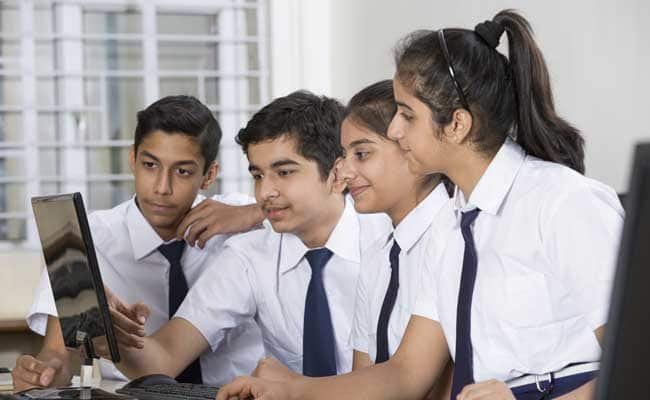Here’s a roundup of the most important updates recently issued by CBSE for students and parents. From the introduction of a unique APAAR ID to exam guidelines and scholarships, these changes are essential for staying informed. For complete details, please visit the official website: https://www.cbse.gov.in/cbsenew/cbse.html
1. APAAR ID
APAAR ID, or Automated Permanent Academic Account Registry ID, is a unique 12-digit identification number that allows students to maintain their comprehensive academic records in a digital format by linking them to the DigiLocker system. This includes certificates, mark sheets, extracurricular achievements, and more.
School authorities will organise PTA meetings to inform students and their parents about the APAAR ID facility and assist in obtaining APAAR IDs, particularly for students from Classes 9 to 12. Detailed information regarding APAAR ID is available on the official website https://apaar.education.gov.in or by contacting the helpline at 1800-889-3511.
APAAR ID serves as a valuable digital record for students throughout their academic journey. It also benefits educational institutions by streamlining processes such as admissions and credit transfers.
2. Single Girl Child Scholarship
The deadline for submitting applications for the Single Girl Child Scholarship X 2024 and Single Girl Child Scholarship X 2023 has been extended to February 8. Schools are required to verify and confirm these applications by February 15.
3. Examination Guidelines
The Board will conduct examinations for approximately 44 lakh students in Classes 10 and 12 across 204 subjects, beginning in February. In its latest notification, CBSE has outlined the guidelines for students appearing for these exams.
Bringing any items that aid in copying is a punishable offence. Prohibited items include paper chits with printed or handwritten texts, health bands, smartwatches, cameras, bags, cooling glasses, mobile phones, Bluetooth devices, earphones, microphones, pagers, Small packets and both packaged or unpackaged food items (except for diabetic patients, who are exempted).
Regular students must wear school uniforms, while private candidates should wear simple attire. Examination halls will be monitored using CCTV cameras to ensure compliance.
Students must write only on the provided answer sheets and must not write on or damage the answer books or supplementary sheets. The printed information on answer books must not be erased or altered. Answer sheets and question papers (or their parts) must not be taken outside the examination hall.
Impersonation is strictly prohibited. Do not upload question papers or related content on social media during the examination. Fake photographs, including those used on admit cards, will not be accepted.




